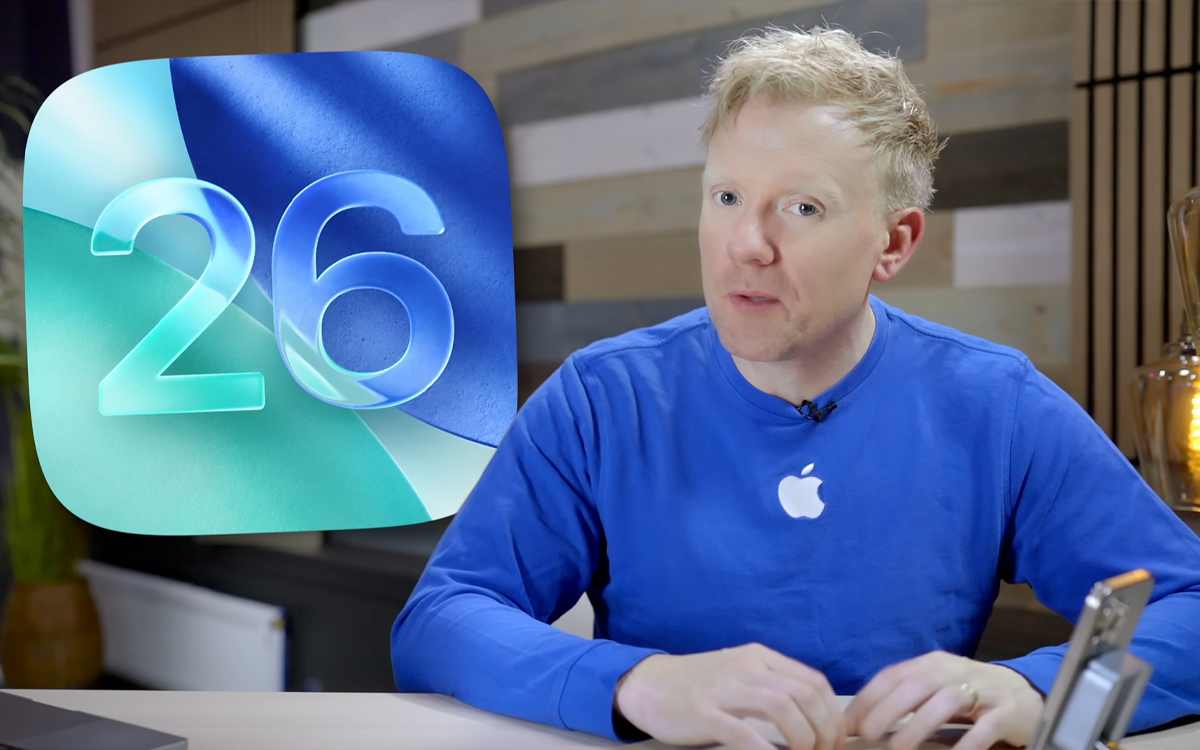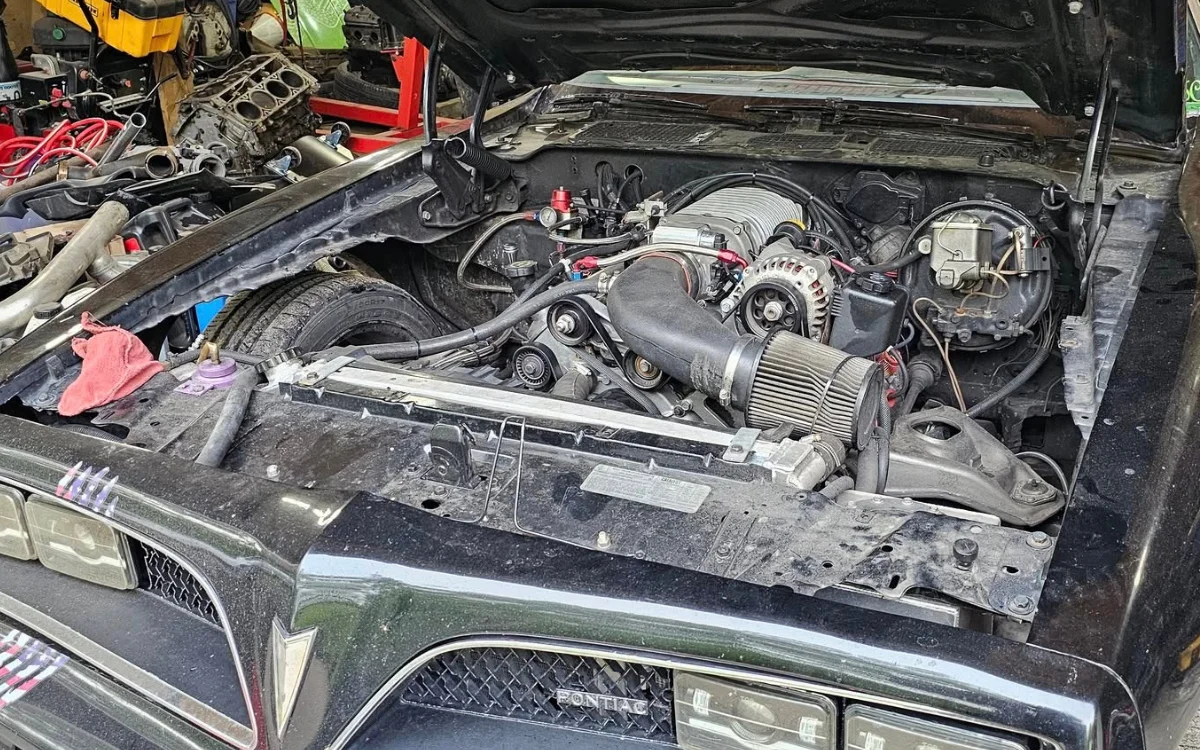Recessions Trump Low Interest Rates For Car And Home Sales
The post Recessions Trump Low Interest Rates For Car And Home Sales appeared on BitcoinEthereumNews.com. Car Dealer getty Economists are worried about recession, with an average estimate of 45% probability that one will begin in the next 12 months, according to the Wall Street Journal’s recent survey. The Federal Reserve would certainly cut interest rates if that happened, as emphasized by Chair Jerome Powell’s recent comments that data will drive the Fed’s upcoming decisions. Interest-sensitive business might be wondering if a recession would actually help them by lowering interest rates. Stimulating spending in the interest-sensitive parts of the economy is a key element of monetary policy in a recession. The historical data are disappointing, though. Spending drops in recessions, even in interest-sensitive sectors. Looking at two key sectors in detail, it’s clear that business contingency planning should focus on the downside risk of recession rather than the upside from falling interest rates. This conclusion is driven by studying two sectors of the economy: car sales, new home sales and private non-residential construction. Many of the country’s recessions were triggered by rising interest rates as the Fed tried to fight inflation. Those downturns occurred in 1970, 1973-75, 1980 and 1981-82. In all of these cases, car sales and home sales had dropped well before the recessions. In fact, the interest-sensitive sectors pulled the economy down in these slumps. When the Fed cut interest rates to fight those recessions, sales in both sectors revived partially, but the recessions themselves hurt activity. Two of the more recent recessions offer better lessons. Car sales began to fall in late 1989 just after interest rates hit their peak for that cycle. Sales slumped more even as interest rates fell, then slowly regained ground as the downturn fell farther into the past. The recession of 1990 played a larger role than interest rates movements. The economy went into recession again in…

The post Recessions Trump Low Interest Rates For Car And Home Sales appeared on BitcoinEthereumNews.com.
Car Dealer getty Economists are worried about recession, with an average estimate of 45% probability that one will begin in the next 12 months, according to the Wall Street Journal’s recent survey. The Federal Reserve would certainly cut interest rates if that happened, as emphasized by Chair Jerome Powell’s recent comments that data will drive the Fed’s upcoming decisions. Interest-sensitive business might be wondering if a recession would actually help them by lowering interest rates. Stimulating spending in the interest-sensitive parts of the economy is a key element of monetary policy in a recession. The historical data are disappointing, though. Spending drops in recessions, even in interest-sensitive sectors. Looking at two key sectors in detail, it’s clear that business contingency planning should focus on the downside risk of recession rather than the upside from falling interest rates. This conclusion is driven by studying two sectors of the economy: car sales, new home sales and private non-residential construction. Many of the country’s recessions were triggered by rising interest rates as the Fed tried to fight inflation. Those downturns occurred in 1970, 1973-75, 1980 and 1981-82. In all of these cases, car sales and home sales had dropped well before the recessions. In fact, the interest-sensitive sectors pulled the economy down in these slumps. When the Fed cut interest rates to fight those recessions, sales in both sectors revived partially, but the recessions themselves hurt activity. Two of the more recent recessions offer better lessons. Car sales began to fall in late 1989 just after interest rates hit their peak for that cycle. Sales slumped more even as interest rates fell, then slowly regained ground as the downturn fell farther into the past. The recession of 1990 played a larger role than interest rates movements. The economy went into recession again in…
What's Your Reaction?







































